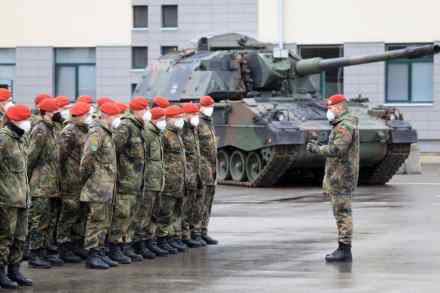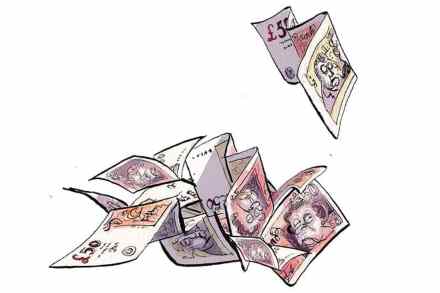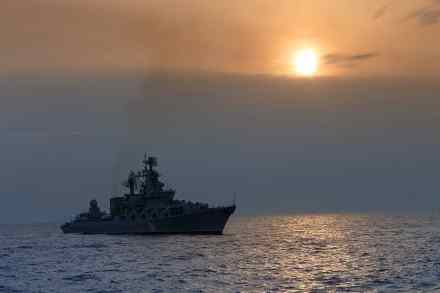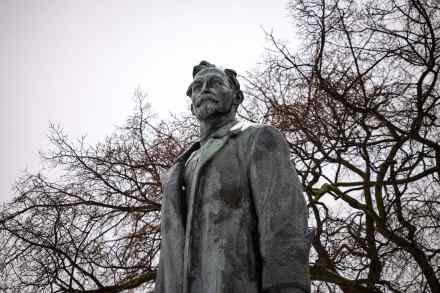Portrait of the week: Twitter takeover, late nights for pubs and a row over leg-crossing
Home Ben Wallace, the Defence Secretary, said Britain assessed that 15,000 Russians had been killed in the war against Ukraine and at least 530 Russian tanks, 530 armoured personnel carriers and 560 infantry fighting vehicles had been lost or captured. Sixty Russian helicopters and fighter jets had also been lost. He told the House of Commons that Britain was sending to Ukraine some Stormer armoured vehicles, with launchers for Starstreak anti-aircraft missiles. Liz Truss, the Foreign Secretary, called for aircraft to be sent too. In the seven days up to 23 April, 2,207 people had died with coronavirus, bringing total deaths (within 28 days of testing positive) to 173,693. In




















